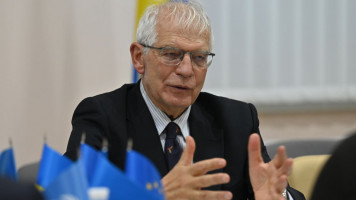Iran vows to foil US bid to block oil exports
"We will surely do something to thwart the US rallying cry that Iranian oil (exports) must be stemmed," First Vice President Eshagh Jahangiri said in statements broadcast on state television.
"The (Iranian) government has a plan... and God willing we are certain that we will be able to sell as much oil as we want," he said.
The comments came after a senior State Department official described tightening the noose on Tehran as "one of our top national security priorities” on Tuesday.
The official warned countries including China and India, who are key buyers of Iranian oil, that they should stop purchasing crude from the country before a November deadline that was imposed after the US withdrew from the Iran nuclear deal in May, or face US sanctions.
European countries have been attempting to negotiate exemptions for their firms, but the official confirmed that US President Donald Trump intends to stick to his deadline.
"We're not granting waivers," the official said.
Not that 'simple'
Jahangiri's remarks came a day after Trump said that Saudi Arabia's King Salman had agreed to his request to ramp up oil production.
"Just spoke to King Salman of Saudi Arabia and explained to him that, because of the turmoil & dysfunction in Iran and Venezuela, I am asking that Saudi Arabia increase oil production, maybe up to 2,000,000 barrels, to make up the difference," Trump said in a tweet on Saturday.
"Prices too high! He has agreed!," Trump added.
But Jahangiri said it was not that “simple".
"They're begging the Saudis to raise their output so that if Iran's quota decreases nothing will happen to the markets," said Jahangiri.
"In this battle, any country that tries to take Iran's place on the oil market will be guilty of treason against Iran... and surely one day it will pay the price of this treason," he said.
The official Saudi Press Agency confirmed a phone call between Trump and Salman about oil, but mentioned no specifics and the White House later struck a more cautious tone, saying in a statement the two leaders had "reaffirmed their dedication to a healthy and stable global energy market”.
Tehran and Riyadh are members of the Organisation of Petroleum Exporting Countries, a cartel that manages supply to the global market via production quotas so as to keep prices in member states' favour.
Iran and Saudi Arabia broke off diplomatic relations in 2016 and are locked in several proxy wars in the Middle East, including in Yemen.
OPEC members agreed on June 22 to increase collective production by around one million barrels per day, in a context where oil prices have approximately doubled from a 2016 low.
But members did not reach a decision "to assign any allocated production level of any member to others", Iran's oil minister Bijan Zangeneh said in a letter addressed to the oil cartel published by the ministry's Shana news agency.
Without naming Saudi Arabia, Zangeneh wrote "any increase" in production by any member state "beyond commitments stipulated in OPEC's decisions ... would constitute (a) breach of the agreement.”
The letter calls on the president of OPEC to "remind" member states to "adhere to their commitments ... and refrain from any unilateral measures undermining the unity and independence" of OPEC.
Iran possesses the second-largest gas reserves on the planet, after Russia, and the fourth-largest oil supplies, while Saudi Arabia is the world's biggest oil exporter.

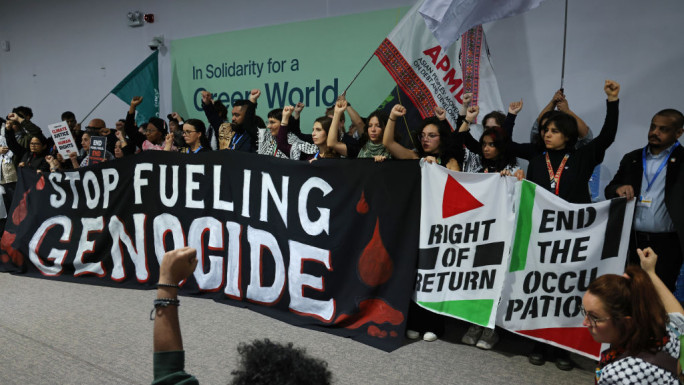
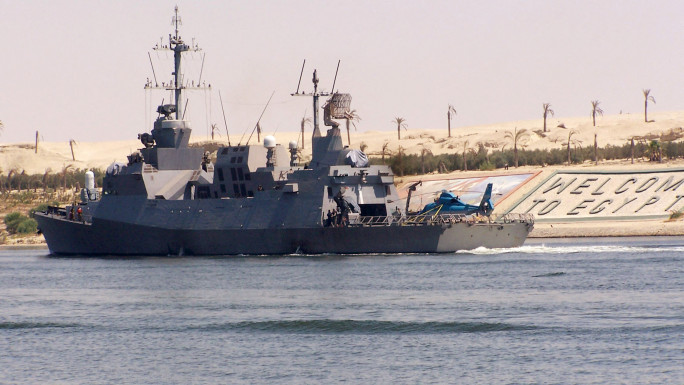
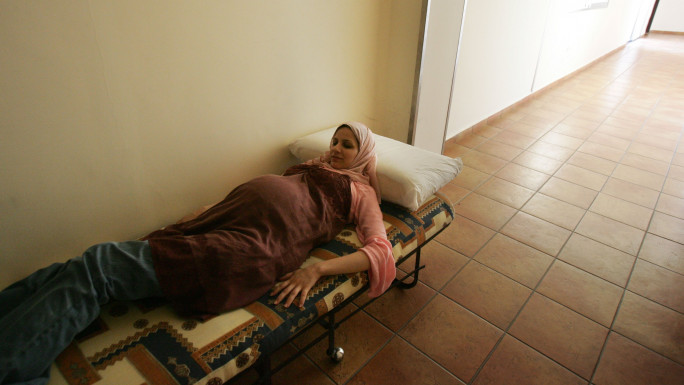
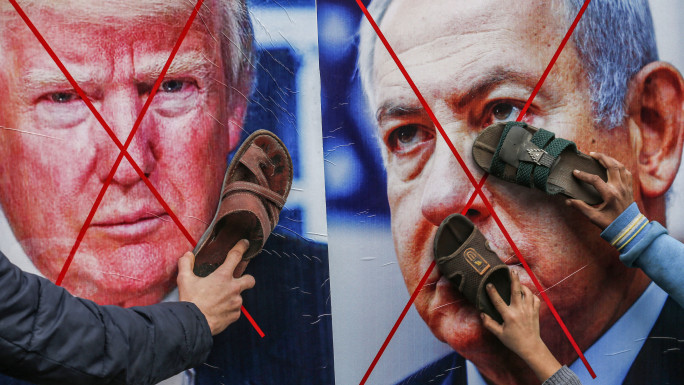
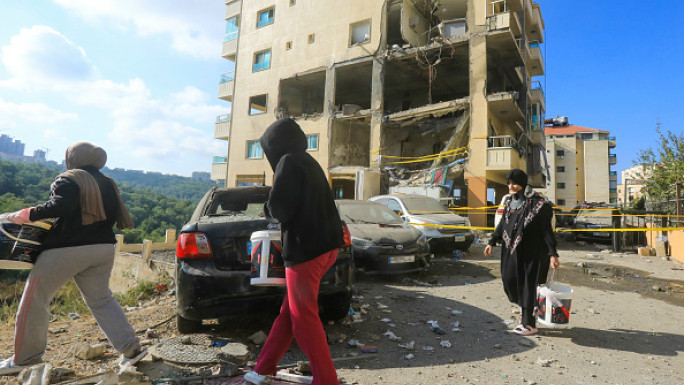
 Follow the Middle East's top stories in English at The New Arab on Google News
Follow the Middle East's top stories in English at The New Arab on Google News
![Gazans reel after Israel strike [Getty]](/sites/default/files/styles/image_330x185/public/2183300682.jpeg?h=a5f2f23a&itok=fN-GAQGE)

